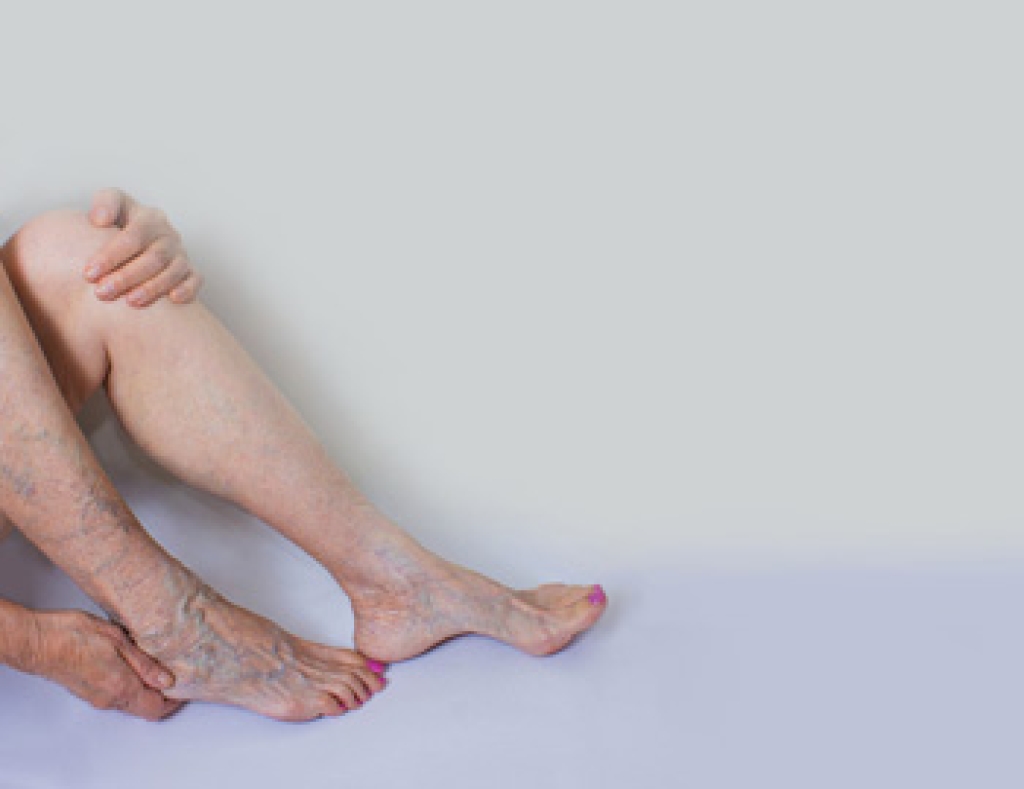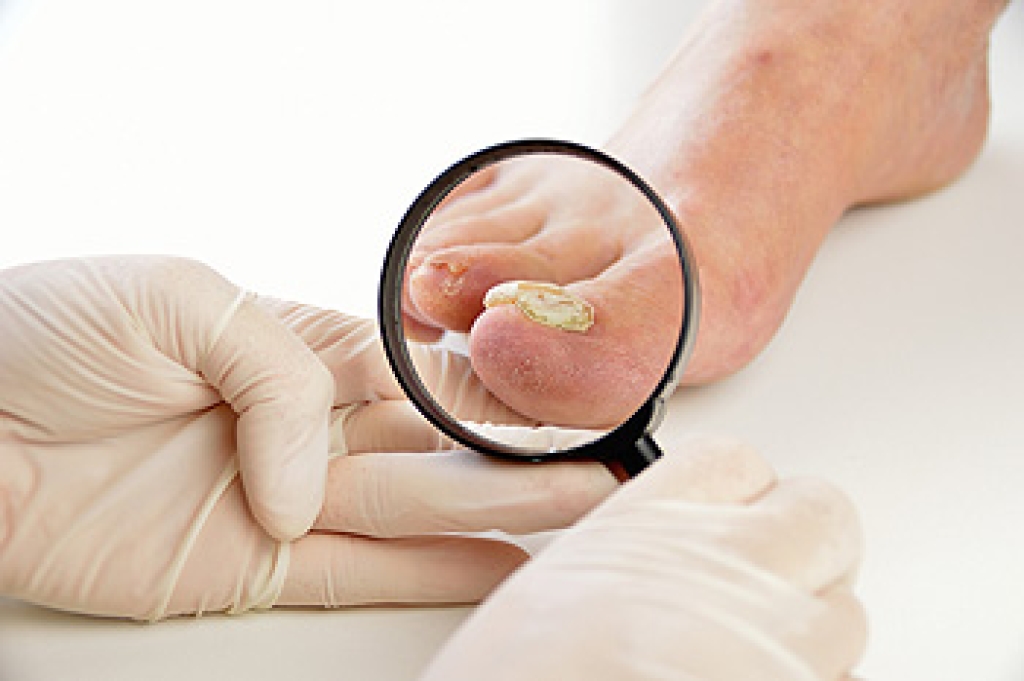 When the ligaments and tendons in the middle joint of toes slowly tighten up over time, the toes become forced to curl downwards. This results in what is known as hammertoe. Hammertoe can develop in any toe except the big toe. The joints will become stiffer over time and thus, harder to move without pain. Blisters and calluses may also begin to form on the toes. One of the most common causes of hammertoe is shoes that have narrow toe boxes, such as pointed toe high heels. Hammertoes can also be a result of a stubbed toe or toe fracture. Patients who are struggling with a painful hammertoe should consult with a podiatrist in order to get relief and treatment options.
When the ligaments and tendons in the middle joint of toes slowly tighten up over time, the toes become forced to curl downwards. This results in what is known as hammertoe. Hammertoe can develop in any toe except the big toe. The joints will become stiffer over time and thus, harder to move without pain. Blisters and calluses may also begin to form on the toes. One of the most common causes of hammertoe is shoes that have narrow toe boxes, such as pointed toe high heels. Hammertoes can also be a result of a stubbed toe or toe fracture. Patients who are struggling with a painful hammertoe should consult with a podiatrist in order to get relief and treatment options.
Hammertoes can be a painful condition to live with. For more information, contact one of our podiatrists of PA Foot & Ankle Associates. Our doctors will answer any of your foot- and ankle-related questions.
Hammertoe
Hammertoe is a foot deformity that occurs due to an imbalance in the muscles, tendons, or ligaments that normally hold the toe straight. It can be caused by the type of shoes you wear, your foot structure, trauma, and certain disease processes.
Symptoms
- Painful and/or difficult toe movement
- Swelling
- Joint stiffness
- Calluses/Corns
- Physical deformity
Risk Factors
- Age – The risk of hammertoe increases with age
- Sex – Women are more likely to have hammertoe compared to men
- Toe Length – You are more likely to develop hammertoe if your second toe is longer than your big toe
- Certain Diseases – Arthritis and diabetes may make you more likely to develop hammertoe
Treatment
If you have hammertoe, you should change into a more comfortable shoe that provides enough room for your toes. Exercises such as picking up marbles may strengthen and stretch your toe muscles. Nevertheless, it is important to seek assistance from a podiatrist in order to determine the severity of your hammertoe and see which treatment option will work best for you.
If you have any questions, please feel free to contact one of our offices located in Allentown, Easton, Northampton, and Chew Street in Allentown, PA . We offer the newest diagnostic and treatment technologies for all your foot care needs.






